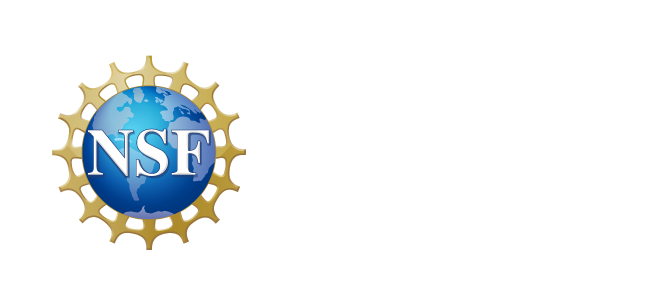Form a Working Group
Diverse teams of scientists create synergies for discovery by integrating ideas, theories, and publicly available data across fields.
Working groups are the core of the NCEMS synthesis community.
NCEMS aims to support 34 working groups across the country in its first five years. Working groups consist of up to 14 scientists whose research efforts are support by the center for 2 years. These scientists are from diverse and complementary areas of expertise. The working groups define the questions and goals of their synthesis project and are provided a range of center support including staff scientist time, cyberinfrastructure, a travel budget, and facilitation and administrative support including a project manager. The leaders of working groups undergo leadership and team science training to facilitate cross-disciplinary collaboration. Most of the activities of working groups, including interactions with the center, are carried out virtually, although, an in-person meeting is held when a working group first starts.
To facilitate synthesis across disciplines, the composition of working group members are expected to be from diverse fields, including, but not limited to theory, bioinformatics, systems biology, bioengineering, mathematical biology, physics, biophysics, data science, machine learning, computational biology, and experimentalists. Further, working groups are encouraged to have at least one member from an MSI or PUI, as well as diversity in gender identity, race, geography, and the institutional research level.
All research outputs from Working Groups adhere to community-created policies on open, team, and reproducible science. We ensure transparency by making findings, data, and analysis workflows publicly available. This approach reflects NCEMS dedication to advancing science in an inclusive, collaborative, reproducible, and impactful manner.
How the Center Supports Working Groups
NCEMS removes the data, methodological, team, and working-knowledge barriers to carrying out large-scale synthesis research. Center staff scientists located at Penn State collaborate with working groups by providing a range of services including literature searches, data wrangling, harmonization, metadata creation and curation, preliminary analyses, advanced modeling methodologies, and training. These Ph.D.-trained staff scientists have diverse expertise including in bioinformatics, machine learning, data science, and statistical methodologies. Training in open and team science and cyberinfrastructure is provided by the center through CyVerse. A project manager coordinates efforts between working groups and center staff.
Two Ways to Form a Working Group
Applications to form a new Working Group are reviewed by the center’s advisory boards, thematic leads, and center leadership. Factors for selection include scientific merit, impact, innovation, and interdisciplinary collaboration.
Direct Pathway
Existing networks of scientists can apply to NCEMS to expediently form a working group. A public call for such applications is expected in late Fall 2024. Subscribe to our mailing list to be notified.
Catalyst Meeting Pathway
If a group of scientists want to explore a potential area for synthesis research and build a nascent community a good option is to organize an NCEMS-supported Catalyst meeting. Catalyst meetings bring together 20 to 30 scientists in-person to discuss questions that are primed for community-wide synthesis efforts. The product of a Catalyst meeting is one or more applications to form a working group. Learn More. A public call for catalyst meeting applications is expected in late Fall 2024. Subscribe to our mailing list to be notified.




